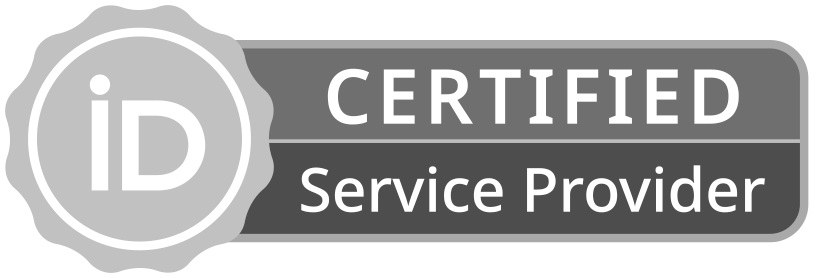About the NZ ORCID Hub
Work undertaken as part of the MBIE-led ORCID Working Group confirmed the view that New Zealand's
research organisations exist in a wide range of sizes and ability to access IT support. As a consequence, the
ability of organisations to respond to the ORCID Joint Statement of Principle, that recommends New Zealand adopt ORCID as
the national researcher identifier, also varied widely. In recognition that assisting all Consortia-eligible
organisations to productively engage with ORCID would lead to national benefits, the Ministry provided
support for the development of the New Zealand ORCID Hub. As designed, the core function of the Hub is to
provide all New Zealand ORCID Consortium members with the ability to write authoritative assertions to their researcher's
ORCID record, irrespective of their size or technical resource.
Throughout 2017 to late 2019, the project was developed by a team at the University of Auckland under contract to the Royal Society of New Zealand. As the phenomena of small research organisations is not limited to New Zealand, it was a principle of the Hub's development that it be architected for use by the global ORCID community. To support this design principle, development was pursued in as transparent a nature as possible, with the Hub itself being developed under the permissive MIT License.
The core development team at the University of Auckland consisted of: jeff kennedy, Enterprise Architecture Manager; Radomirs Cirskis, ORCID Project Architect; and Roshan Pawar, ORCID Developer.
The Hub operates in two modes: self-service Tuakiri-member organisation login; and file upload either via a UI or the Hub's API.
- The Tuakiri login flow takes the information presented as part of the log in process and uses this to write a minimal employment or education affiliation of organisation, city, country and employment/education. The benefit of the Tuakiri-style is that the affiliation is written though researcher interaction, with anyone having credentials at a Tuakiri-member organisation able to initiate this process. This process is also very secure as the user's email and EPPN is authenticated as part of the exchange
- The File upload flow uses additional data provided by the organisation to write richer affiliations. If the user has already logged in with Tuakiri, the affiliation written replaces the minimal affiliation item. If the Hub has no record of the individual, an email invitation is sent from the Hub asking permission to write to the researcher's ORCID record, with receipt of permission resulting in the record being updated. The advantage of this flow is that fewer user interactions are required, and the result is typically a richer affiliation. It's also the only way non-Tuakiri members have for interacting with the Hub. The disadvantage is that the ability of the user to receive the invitation is the only assurance of the user's identity. A range of other data can be written to your stakeholders' ORCID records using this method. This data includes funding, qualifications, professional activities, works and biographical information.
The NZ ORCID Hub is an ORCID Legacy Certified Service Provider. The Hub was certified under ORCID's initial Certified Service Provider criteria and we are in the process of confirming our recertification under the new ORCID workflow-based criteria.

For more information on the Hub's background and links to resources please visit the Hub page of the Royal Society Te Apārangi’s website.
Contact Details
Royal Society of New ZealandPhone: +64 (04) 472 7421
PO Box 598, Wellington 6140
New Zealand
Email: orcid@royalsociety.org.nz